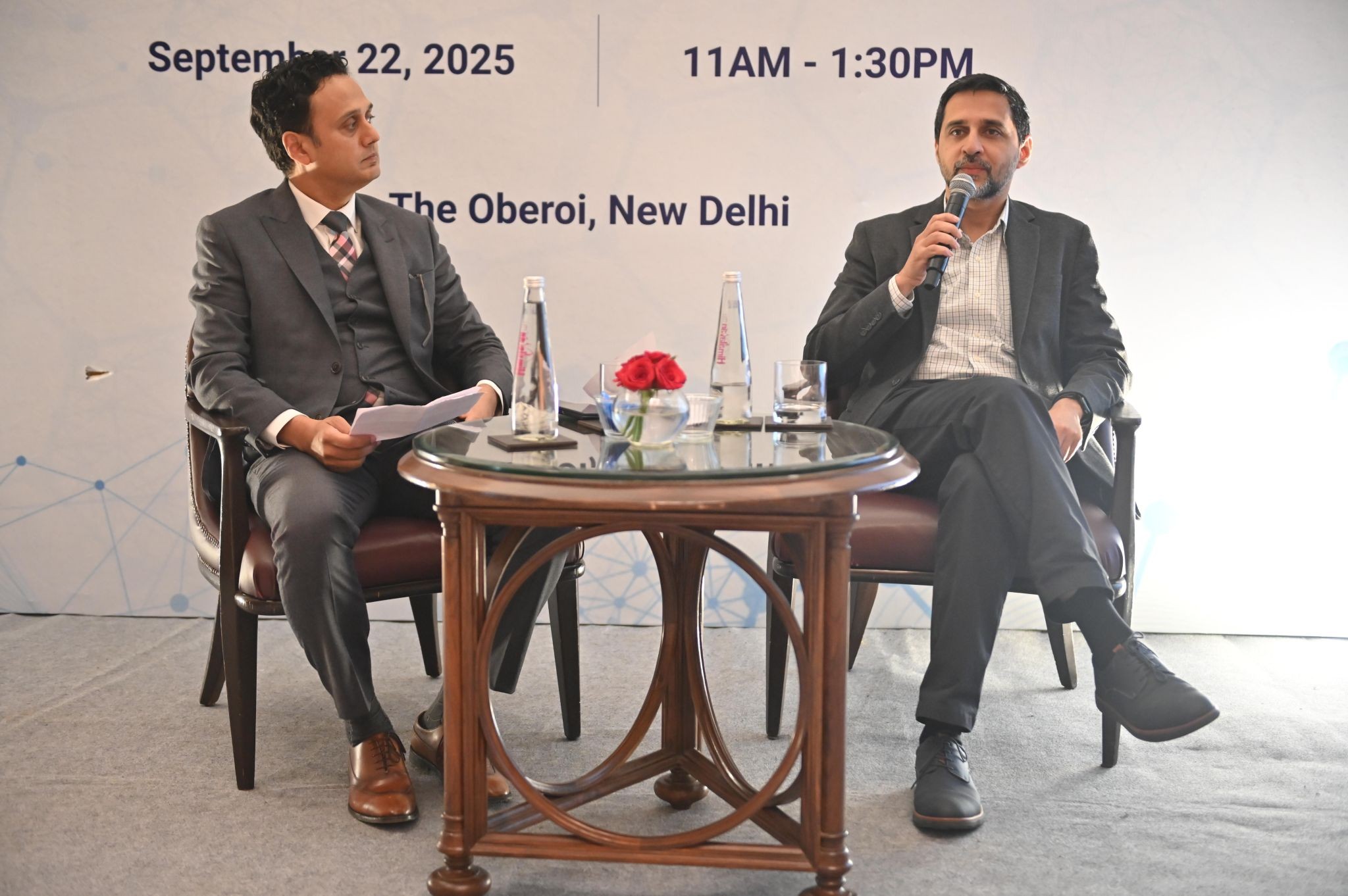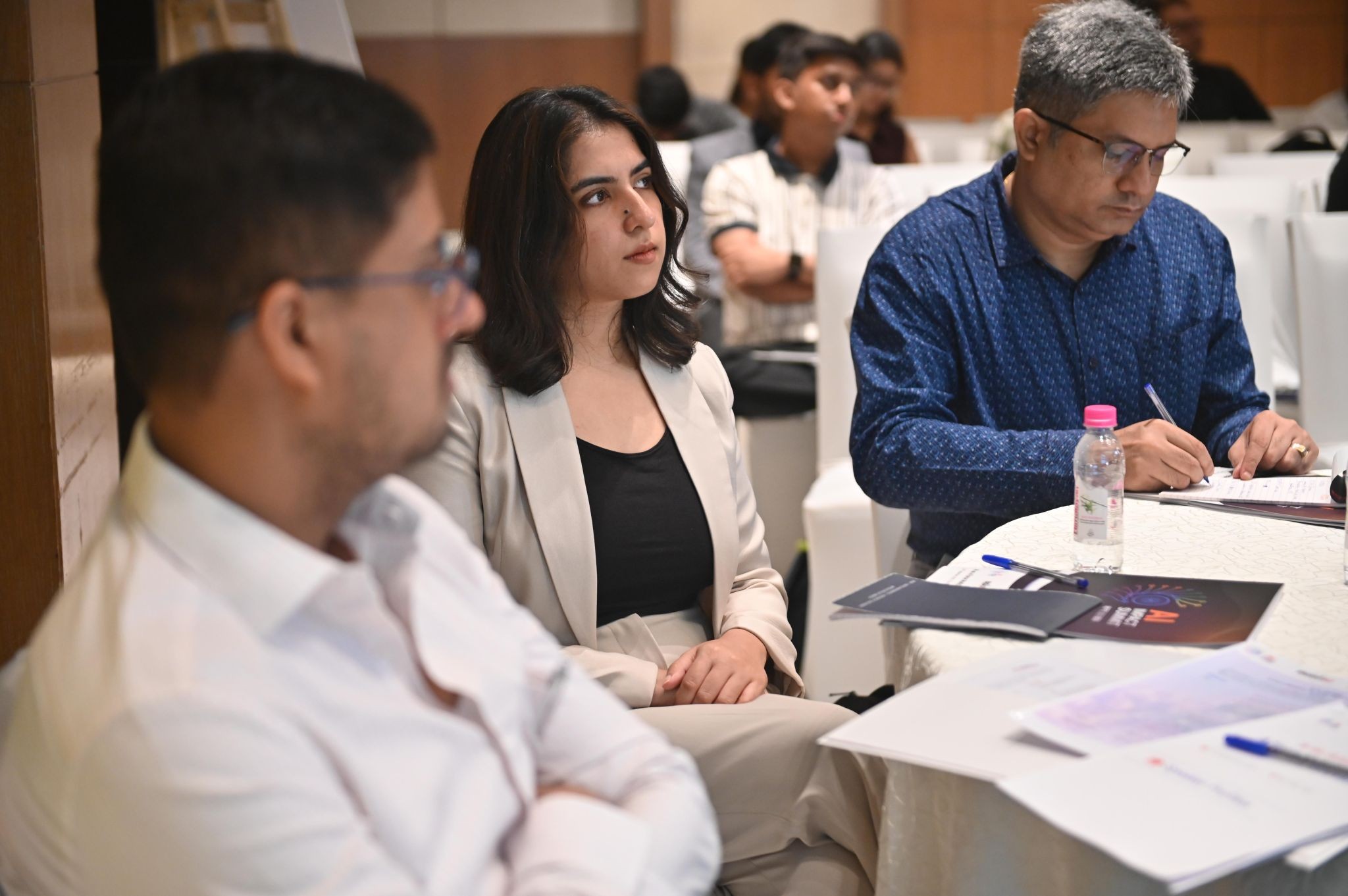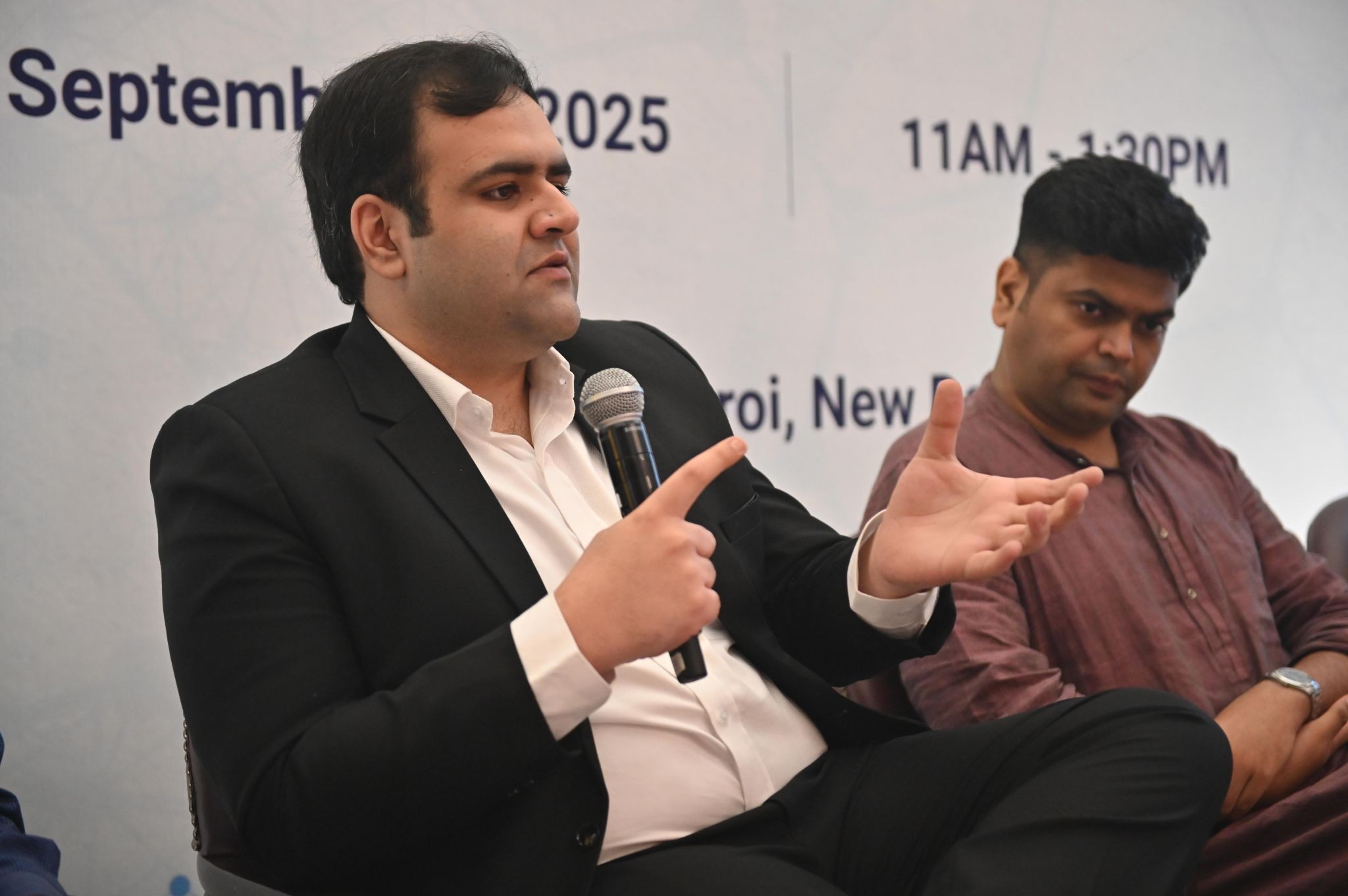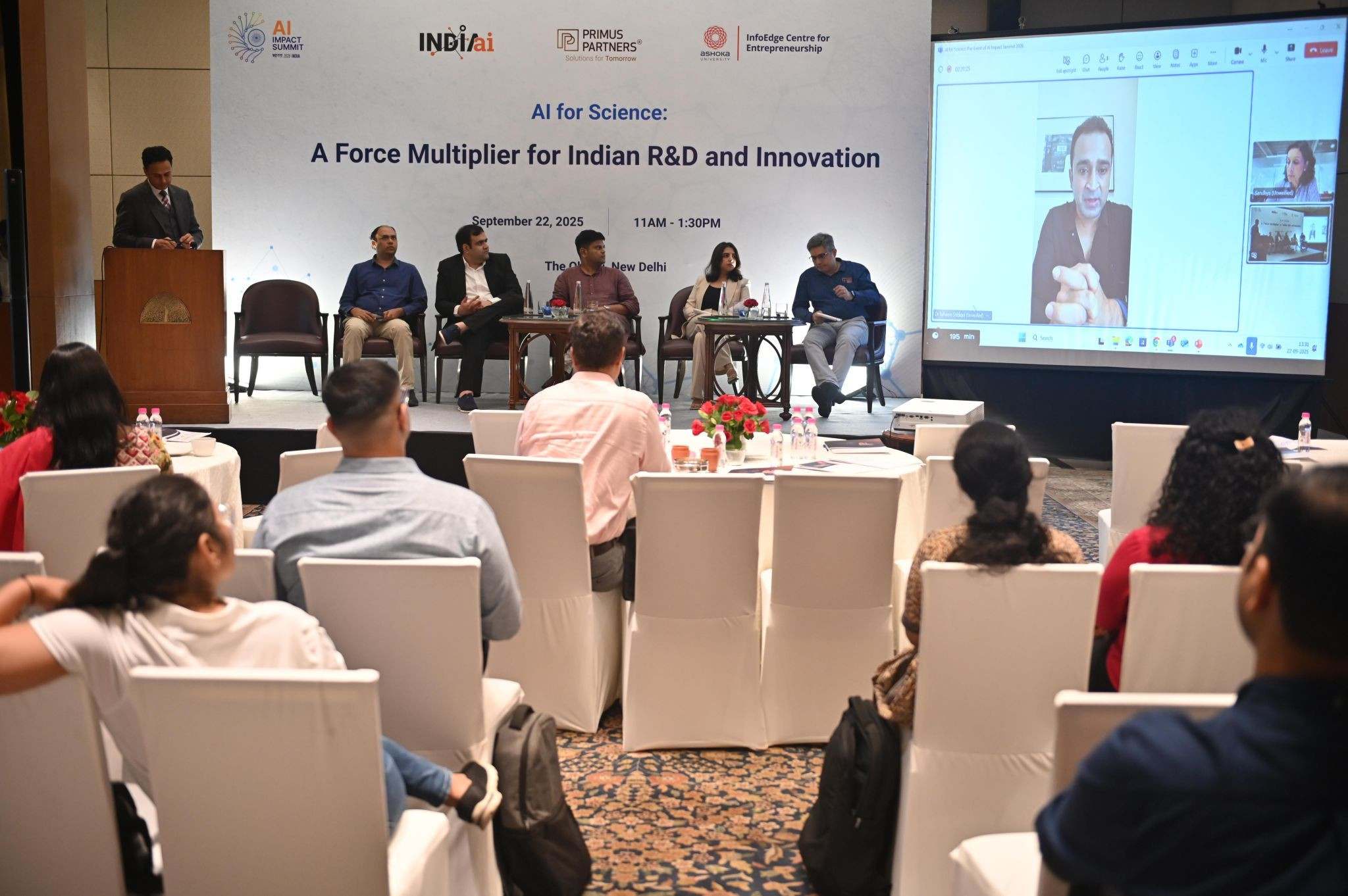Primus Partners, in collaboration with IndiaAI, Ministry of Electronics and IT, and the InfoEdge Centre for Entrepreneurship, Ashoka University, hosted an exclusive pre-summit event, “AI for Science: A Force Multiplier for Indian R&D and Innovation.” The dialogue cum workshop explored how artificial intelligence can accelerate India’s scientific discovery, innovation pipelines, and research translation — from agriculture and life sciences to climate science and space technology — while ensuring that the benefits are captured domestically through indigenous data, infrastructure, and intellectual property.

The event featured Dr. Manish Modani (NVIDIA), who showcased AI’s role in advancing scientific computation through initiatives like Project Earth-2 and ChipNeMo, followed by an insightful ISRO session on the use of AI in lunar exploration, space debris management, and planetary simulation. Two high-level panels brought together leaders from CSIR, Intel India, IIIT-Delhi, Flipkart, Bharat Carbon, Intello Labs, Wadhwani AI, and Ashoka University, among others discussing AI’s transformative role across sectors and the need for sovereign, contextual, and ethically grounded innovation frameworks.

A special address by Rishi Bal (BharatGen) underscored India’s push for Sovereign AI—anchored on the pillars of Sovereignty, Indianness, and Access—to enable culturally contextual, inclusive, and globally competitive AI models. The discussions culminated in a shared vision for AI as India’s national research accelerator, emphasizing sovereign AI ecosystems, public–private partnerships, and the institutional embedding of AI capabilities within ministries, universities, and public-sector entities. The outcomes will feed into the larger AI Impact Summit 2026, shaping India’s positioning as a global thought leader in applied and responsible AI for science, sustainability, and societal progress.

Some takeaways from the workshop:
- India’s next leap in science will be computational, powered by sovereign models and indigenous infrastructure.
- Multi-stakeholder collaboration is and always going to be key to scaling innovation.
- Contextualisation and localisation are India’s greatest competitive advantages. AI must reflect our socio-linguistic and economic diversity.
- Ethical, light-touch self-regulation or voluntary principles will enable innovation with accountability.
- AI research must be tied to measurable public outcomes, including improvements in agricultural productivity, climate resilience, healthcare access, and service delivery.
- Science thrives on explainability and predictability, making them vital for AI-driven discovery.
- As we move ahead, we must shift from being AI users to being AI creators.


